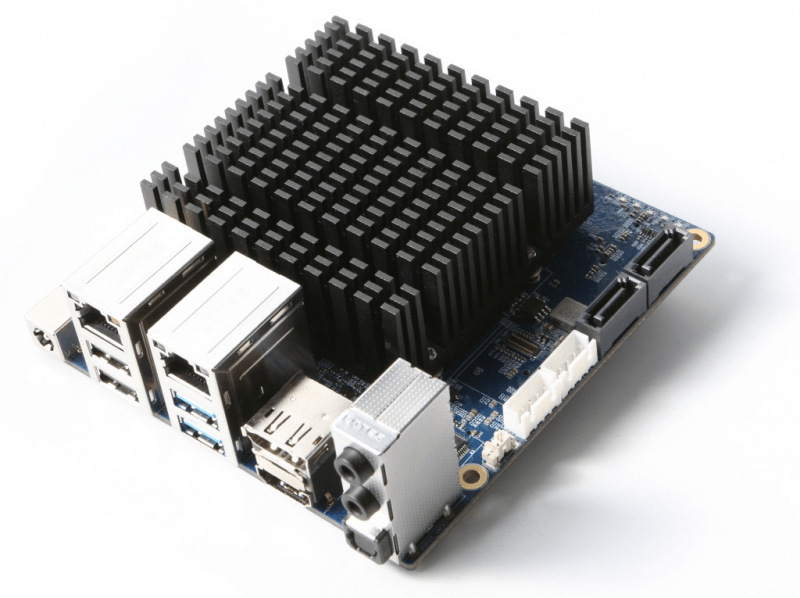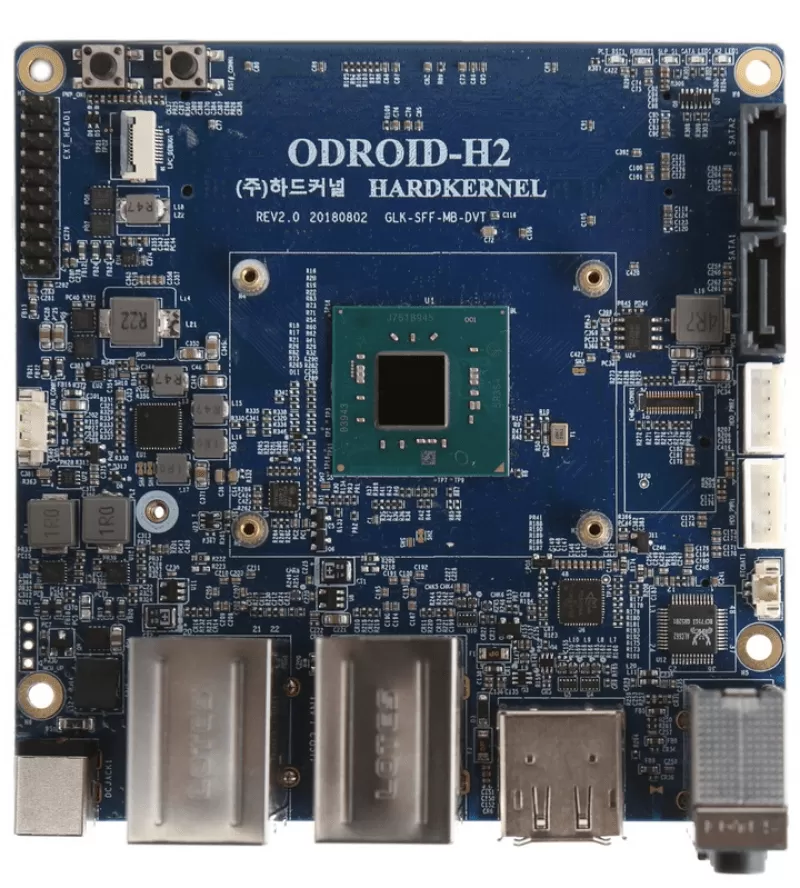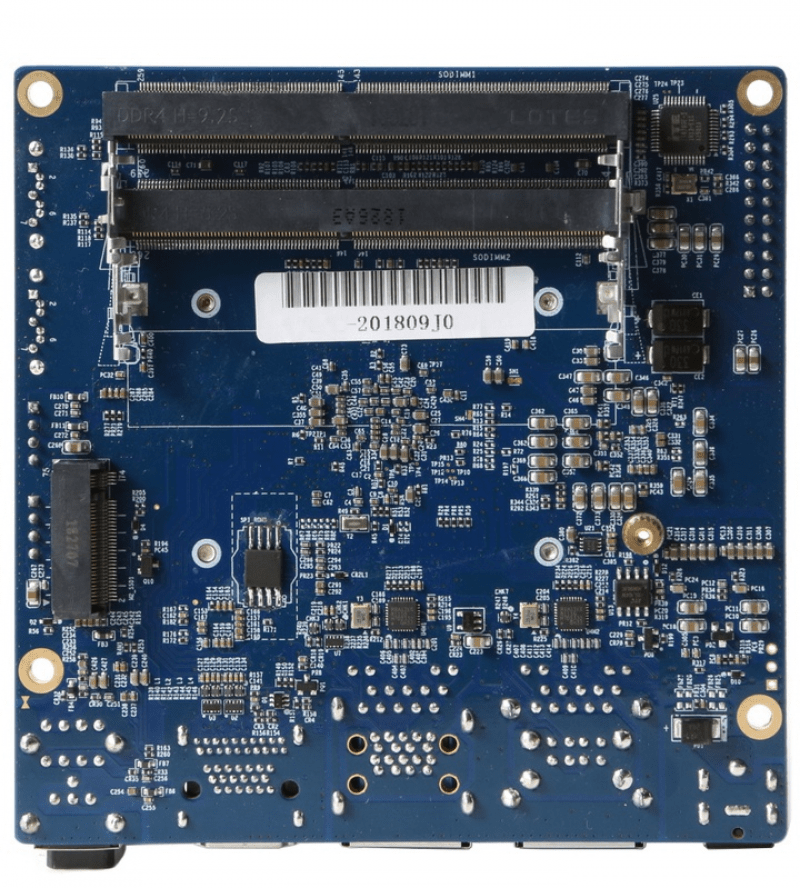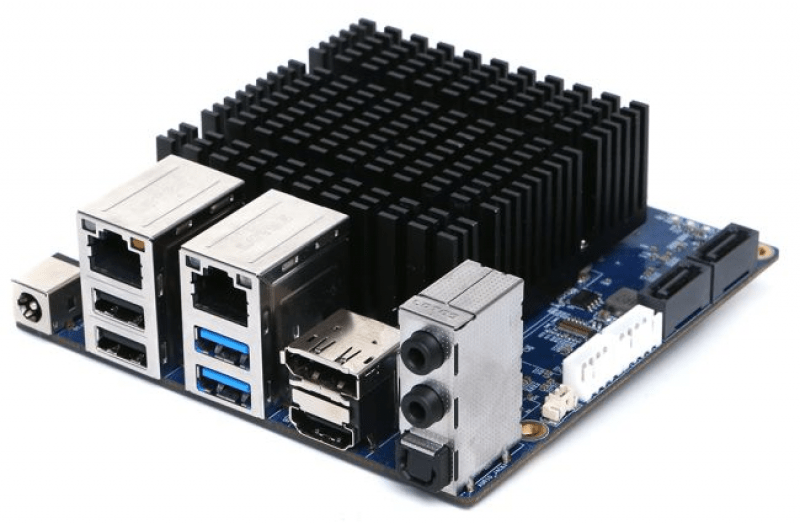The fame of Raspberry Pi does not give in to many people. For example, the company Hardkernel, which introduced an analogue of the famous platform. Its solution is called Odroid-H2+. It is more expensive but more powerful.

What is interesting about this single board computer? The Odroid-H2+ is based on the usual processor. We're talking about the Intel Celeron J4115 (Gemini Lake Refresh generation). It is 4-core and boasts a clock speed of up to 1.8 GHz.
It is easier to develop on it. It does not differ in any way from desktop CPUs from Intel. The above does not apply to the Raspberry Pi. The latter uses an ARM chip made by Broadcom. The number of cores is identical, but their limit is 1.5 GHz. Similar SoCs are in low-cost smartphones.
Also on the Intel Celeron J4115 side is the integrated graphics Intel UHD Graphics 600. It is more productive than the VideoCore VI gas pedal installed in the Raspberry Pi. "Pulls" undemanding modern games.

Technically, you can build a classic PC based on the Odroid-H2+. It even supports Windows 10. You won't have to complain about the lack of software. Although the novelty serves other purposes.
The Odroid-H2+ can be easily turned into a media center, router, robot brain or smart home system. The application scenario is limited only by your imagination. A real gift for developer-enthusiasts.
It's perfect for projects that need to be fast. The Raspberry Pi is not suitable for everything. The Odroid-H2+ is more versatile (alas, at the expense of a high price). The heat sink is responsible for heat dissipation. Passive cooling ensures complete silence.

There are no problems with memory. The maximum RAM capacity is 32 GB. You can connect any drives. You can have eMMC module, two SATA 3.0 and one M.2 PCIe 2.0 x4. Imagine how much space that would give.
If we talk about interfaces, there are the following. There is DisplayPort 1.2, HDMI 2.0 and two RJ45 network ports. Complementing the configuration is a GPIO with 40 pins. Not bad for a 110 × 110 × 47 mm board.
Don't want to program in Windows? Compatibility with popular Linux distributions is claimed. Everybody who wants it can install Ubuntu 20.04 (or any other favorite build).

The Odroid-H2+ is priced at about $120 USD. The Raspberry Pi is cheaper, starting at $35. Just don't forget - its potential is lower.

 Русский
Русский





